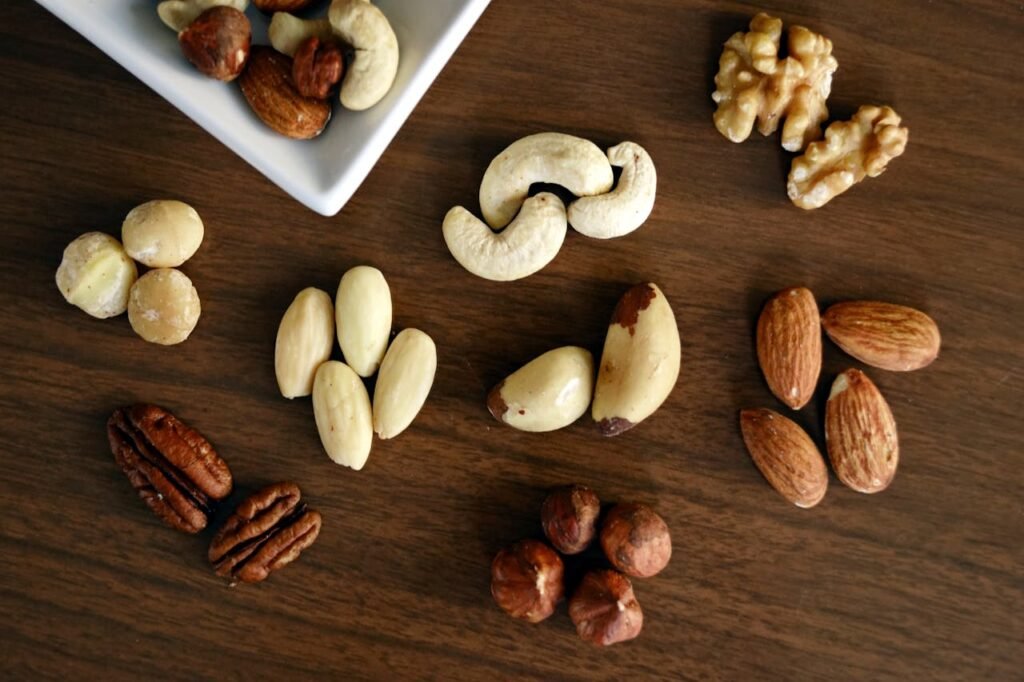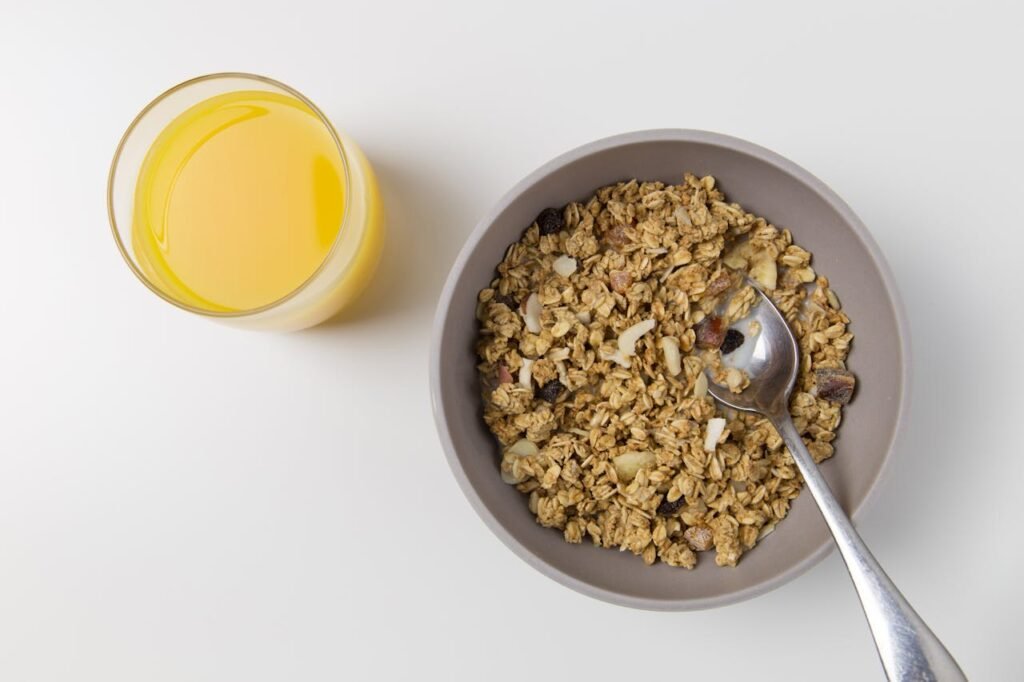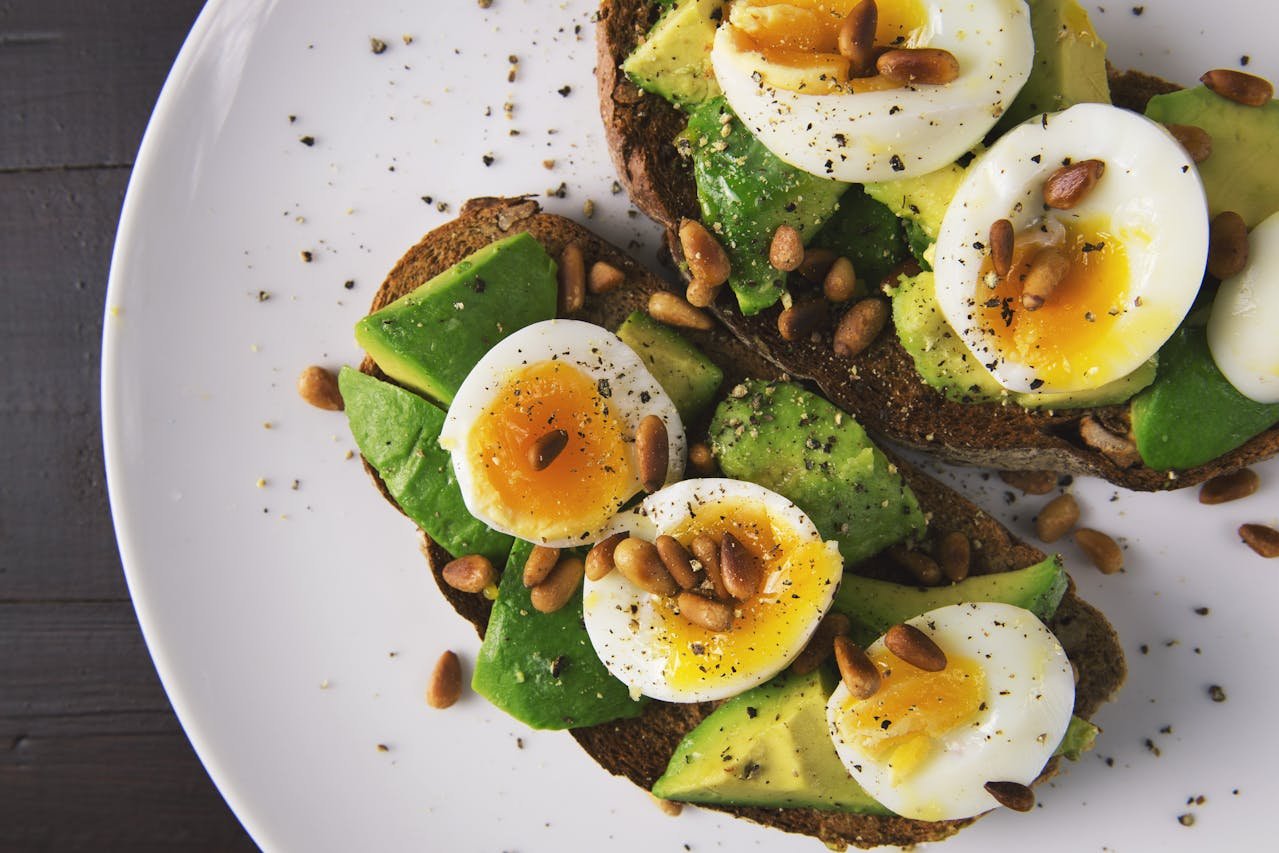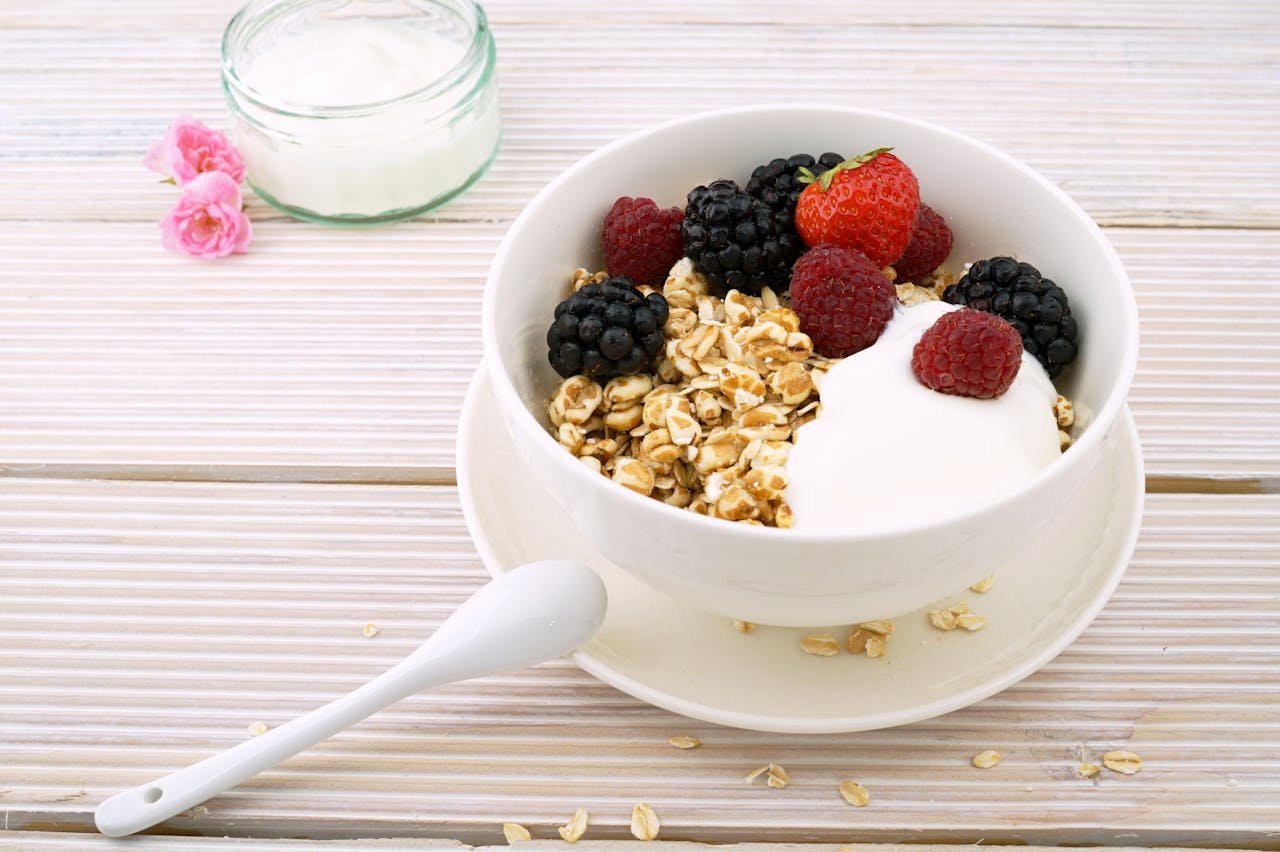Nutrition science has taken important steps regarding the correct way to consume food to preserve vitality in the functions of the main organs.
This is how the transition, is an important way to understand the diet necessary to maintain our cognitive functions, especially memory, with advancing age.
In the following article, we present all the information you need to know about the best foods that exist to enhance our memory.
Foods for memory
The ability to enhance cognitive skills like memory in human beings, especially with advancing age, comes from the nutritional properties of the foods that we give you below:
1. Bluefish
Bluefish, also called fatty fish, contains between 18 and 20% protein of high nutritional value and more than 5% fats rich in polyunsaturated fatty acids.
This type of food is an excellent source of essential fatty acids, such as long-chain omega 3, called docosahexaenoic acid or DHA, and eicosapentaenoic acid, or EPA is an important structural fat in the brain.
The function of these essential acids is to contribute to the prevention and/or treatment of a series of pathologies where inflammation plays a predominant role in its development, such as ischemia and Alzheimer’s disease in elderly people.
The main sources of these acids are blue fish such as anchovies or anchovies, tuna, northern albacore, sardine, mackerel, dogfish, chicharro, salmon swordfish among others.
Note: Blue fish too contains high beneficial contents of vitamin E, giving it antioxidant properties, contributing to the prevention of oxidative degeneration of cells brain due to age. It also contains minerals such as calcium and sodium, which help in the transmission of signals between neurons, and magnesium, which improves long-term memory.
An article about “Omega-3 fatty acids (EPA and DHA) and their application in various clinical situations” describes the intervention of DHA and EPA in various functions of the organism.
2. Nuts

An excellent source of antioxidants for the brain is vitamin E. This nutrient is found in abundance in nuts and prevents cellular aging due to age, a product of the action of free radicals.
To highlight: An article from “Hospital nutrition”describes the action of vitamin E on cognitive function.
Among the most important nuts for memory, we find almonds cashews, peanuts pistachios, and walnuts among others.
Some nuts provide minerals such as calcium and magnesium in addition to folic acid andomega-3a omega-3unsaturated fats, precursors of DHA and EPA, important elements for cognitive function.
3. Dark chocolate
The black chocolate contains an important antioxidant called procyanidins type of flavonoid present in many foods of plant origin. The function of this flavonoid is to prevent oxidative damage to brain cells delaying its anticipated degeneration due to age.
An article from the University of Carabobo in Venezuela, titled “Identification and quantification of (+) – Catechins and Procyanidins in cocoa from Ocumare de la Costa, Venezuela” describes the antioxidant capacity of this compound.
Note: The cocoa flavanols They are present, primarily in those chocolates whose composition generally comprises more than 60% cocoa.
4. Red fruits
Another important antioxidant in the function of delaying oxidative damage in cells is anthocyanin compound present mainly in red fruits such as pitahaya, raspberries, cherries, blackberries, and strawberries, among others.
In a study on “Antioxidant activity of anthocyanins present in pitahaya peel (Hylocereus undatus),” it was found that the peel of this red fruit is an important source of anthocyanins compound with a great capacity to capture free radicals.
5. Avocado
The avocado has important nutrients for cognitive memory function. First, you have a high content of vitamins C and E, essential in its antioxidant function. Then it contains folic acid, which helps improve memory performance and mental acuity, despite advancing age.
Note: Thanks to the fact that it contains among its nutritional components, minerals such as: calcium, magnesium and zinc, it allows the communication between neurons in the brain.
6. Banana

The contribution of vitamins B1, B6, B9, C, and E of the banana, gives protective properties of the brain improving memory and also facilitating neurological communication.
Also, the content of minerals such as magnesium, calcium, zinc, and mainly potassium, guarantees the proper functioning of the brain.
Note: The banana contains tryptophanan amino acid that helps produce melatonin and serotoninhormones important for concentration and memory processes.
7. Oats

The properties of oats they turn them into Wonderful cereal containing significant amounts of vitamin B1 (thiamine), which has a positive action on memory, in addition to its carbohydrates giving energy to brain functions.
A bibliographic review, titled “Some considerations about thiamine or vitamin B1” indicates the protective mechanism of this vitamin on the neural membranes.
To highlight: Oats too contains vitamin Eas an antioxidant and minerals such as potassium, sodium, calcium and magnesium, important for the transmission of nerve impulses that maintain brain health.
8. Seeds
Seeds like sunflower pumpkin, chia, and sesame are rich in omega 3, vitamin B1, calcium, potassium, as well as antioxidants, guaranteeing the correct functioning of the brain as well as good neural communication.
9. Chicken
The lean meat of the chicken has a high content of vitamin B12, an important nutrient for maintaining brain health with the passage of age. It also contains vitamin B3, which prevents loss of memory and concentration.
Note: Vitamins B6, B9 and B12 act together to help prevent mental deteriorationdementia and Alzheimer’s disease in elderly people.
An article about “Nutrition and neurons” describes the participation of some vitamins of the B complex, in the cognitive processes.
10. Turkey
Like chicken meat, turkey meat is rich in B complex vitamins particularly B6 and B12, which protect against memory loss due to age-related neurodegenerative diseases. It also contains minerals such as potassium and zinc, helping to reduce the risk of memory deterioration.
11. Eggs

The contents of the egg, particularly the yolk, contain choline, which serves to form acetylcholine in the brain. Thanks to your presence, helps memory storage processes. It also contains B complex vitamins vitamin E and minerals necessary for proper brain function and cognitive memory function.
Note: In a scientific article about “The brain and nervous system need it to regulate memory”the participation of this nutrient on cognitive functions stands out.
12. Coffee
It has been found that thanks to an interesting effect of caffeine, coffee improves memory capacity in the short-term of human beings, especially the decrease in forgetfulness.
A study on “Effects of caffeinated coffee on immediate memory and visual-motor planning” indicates that the consumption of caffeinated coffee, increased immediate memory in students.
Note: It is very necessary to abandon bad eating habits, because it could cause memory loss, especially in elderly people.
Key Conclusions
- The brain needs specific nutrients for the functioning of cognitive processes.
- The nature provides enough of these nutrients
- The balanced diet It is important for the consumption of vitamins, minerals and essential fatty acids for the brain.
- Vitamin E and B complex They play an important role in memory.
- DHA and EPA are fatty acids of vital importance for brain functions.
- The consumption of antioxidants prevents premature aging of brain cells and prevents memory leak.
- The age and bad habits Foods can cause memory impairment.
Share this content:





